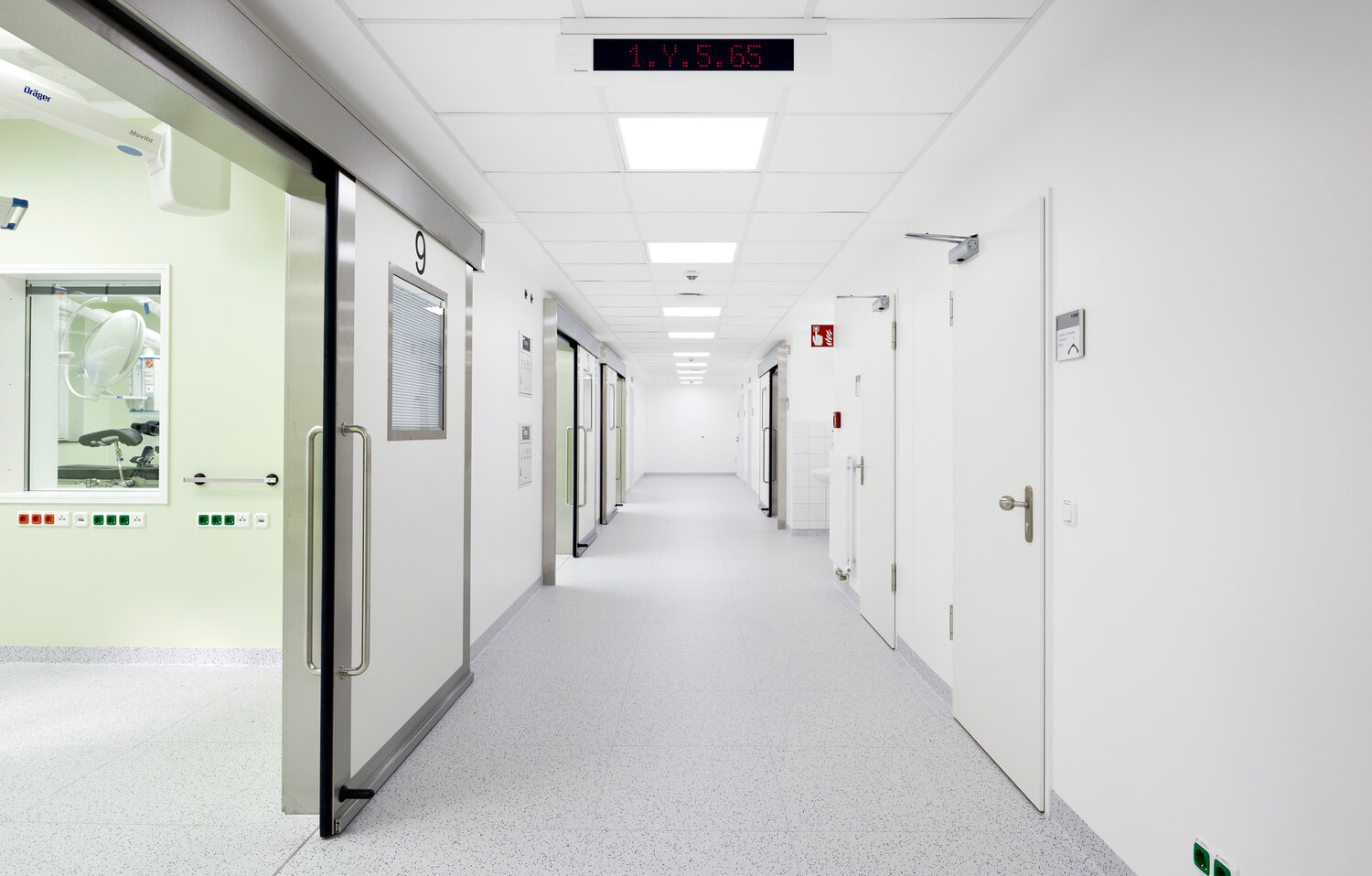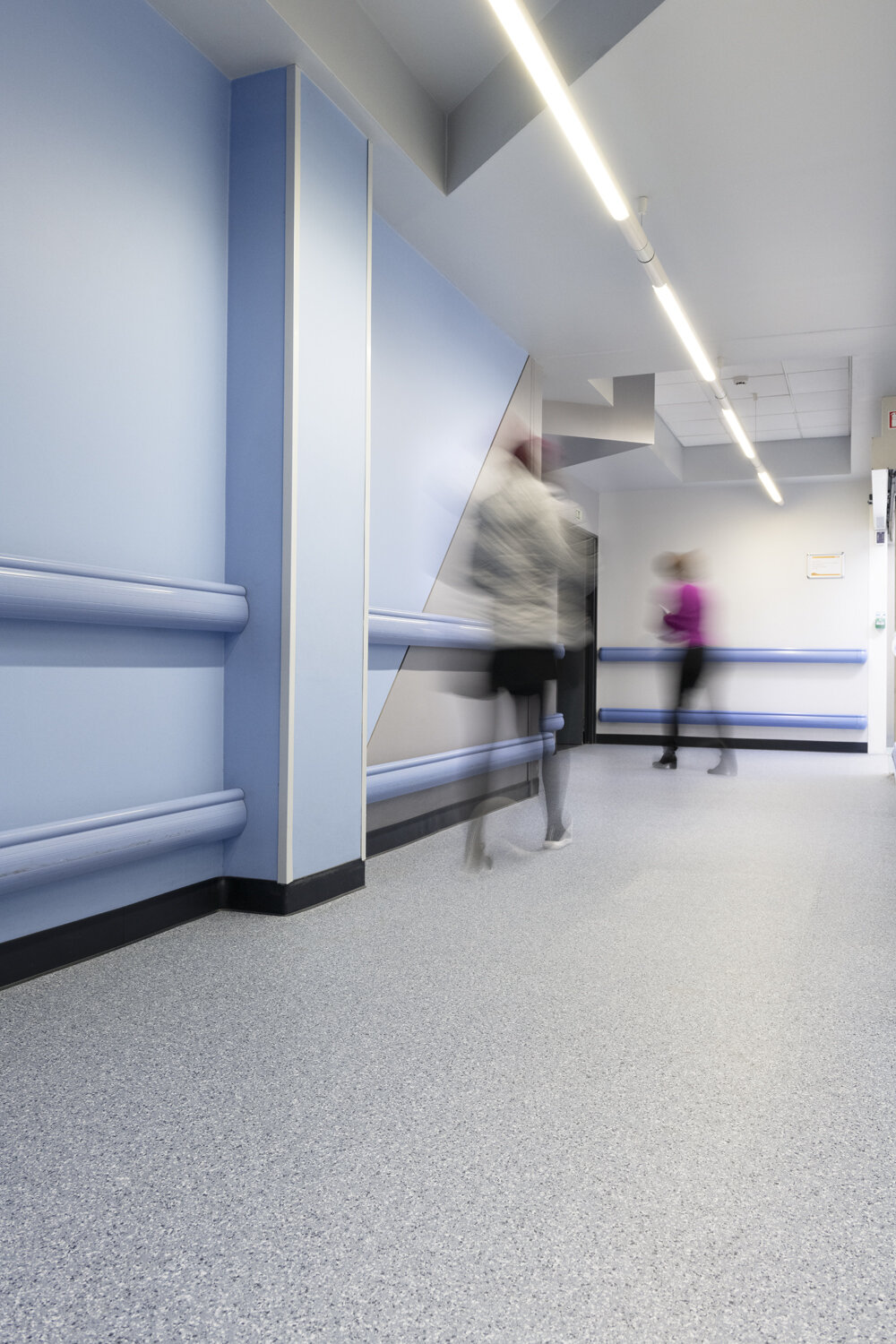
Enhancing Production Space Ergonomics with Optimal Flooring Solutions

What type of flooring should I choose to improve ergonomics at work?
A biomechanical study was carried out by LIBM (Interuniversity Laboratory of Motor Biology in France) to assess the ergonomic contribution of vinyl or “hard” floors (epoxy resin, tile, concrete, etc.).
As part of the study, men and women with an average age of 39 years and an average weight of 69 kg were fitted with sensors to analyse the impact of the floor on the human body in a work situation.
This study compares Gerflor ‘s GTI vinyl tiles with “hard” floor in terms of actual comfort and comfort perceived by the operators. The result of this study (see below) demonstrates that the GTI tile provides a significant comparative improvement in terms of ergonomics.
By choosing Gerflor and its GTI tile for your industrial areas, you are opting for a well-studied solution that provides comfort and well-being at work for employees while safeguarding your workplaces
Contact our experts on Industry
You have a project in the Industry sector ? Ask our Industry experts to help you choose the right flooring for your industrial environments.

Thank you for your request
Our Industry experts will contact you soon to go through your request.
Gerflor, the flooring group
Gerflor creates, manufactures, and brings to market innovative, decorative and eco-responsible complete solutions for resilient floors, wall coverings, and accessories, from installation to finishings for commercial environments.










